Hunting regulations exist to ensure the ethical and sustainable pursuit of game animals while safeguarding wildlife populations and their habitats. Understanding and abiding by these regulations is not only a legal obligation but also a fundamental responsibility for all hunters. In this article, we’ll provide a guide to help hunters navigate the often complex world of hunting regulations.
1. Research Your Region: The first step in staying compliant with hunting regulations is to know the specific rules and guidelines for your hunting area. Regulations can vary significantly by state, province, and even specific hunting zones.
2. Understand Season Dates: Hunting seasons are set to control the harvest of game animals. These dates can change from year to year, so be sure to check the most up-to-date information from your local wildlife agency.
3. Bag Limits: Bag limits specify the number of animals of a certain species that a hunter is allowed to harvest during a given season. Exceeding these limits is a serious offense and can result in fines and penalties.
4. Licensing and Permits: Acquire the necessary licenses and permits before heading into the field. This may include hunting licenses, tags for specific species, or permits for special hunts like waterfowl or big game.
5. Legal Firearms and Ammunition: Ensure that you are using firearms and ammunition that comply with local regulations. Some areas have restrictions on firearm types, calibers, or magazine capacities.
6. Hunter Education: Many regions require hunters, especially beginners, to complete a hunter education course before obtaining a hunting license. These courses cover safety, ethics, and relevant laws.
7. Know Property Boundaries: Respect private property rights and hunting zones. Always obtain permission from landowners if you intend to hunt on private land.
8. Reporting Requirements: Some regulations require hunters to report their harvest. Understand the reporting procedures and deadlines in your area.
9. Conservation Fees: In many cases, hunting fees and taxes contribute to wildlife conservation efforts. Recognize that your contribution plays a vital role in preserving hunting opportunities and wildlife habitats.
10. Stay Informed: Regulations can change, so it’s essential to stay informed and up-to-date. This can be done by regularly checking with your local wildlife agency, reading hunting forums, or joining hunting organizations.
Conclusion:
Responsible hunting means not only pursuing game animals ethically but also adhering to the legal requirements that protect wildlife populations and our hunting heritage. Failure to follow hunting regulations can result in fines, loss of hunting privileges, and damage to the reputation of hunters as a whole.
At HunterSafetyCourse.com, we’re committed to promoting responsible hunting practices. Our courses cover essential topics, including understanding and complying with hunting regulations. We believe that informed hunters are not only safer but also better stewards of our natural world. Join us in the journey to becoming a more responsible and law-abiding hunter.
Happy hunting, and always remember to hunt legally and ethically to preserve our hunting traditions for future generations.
